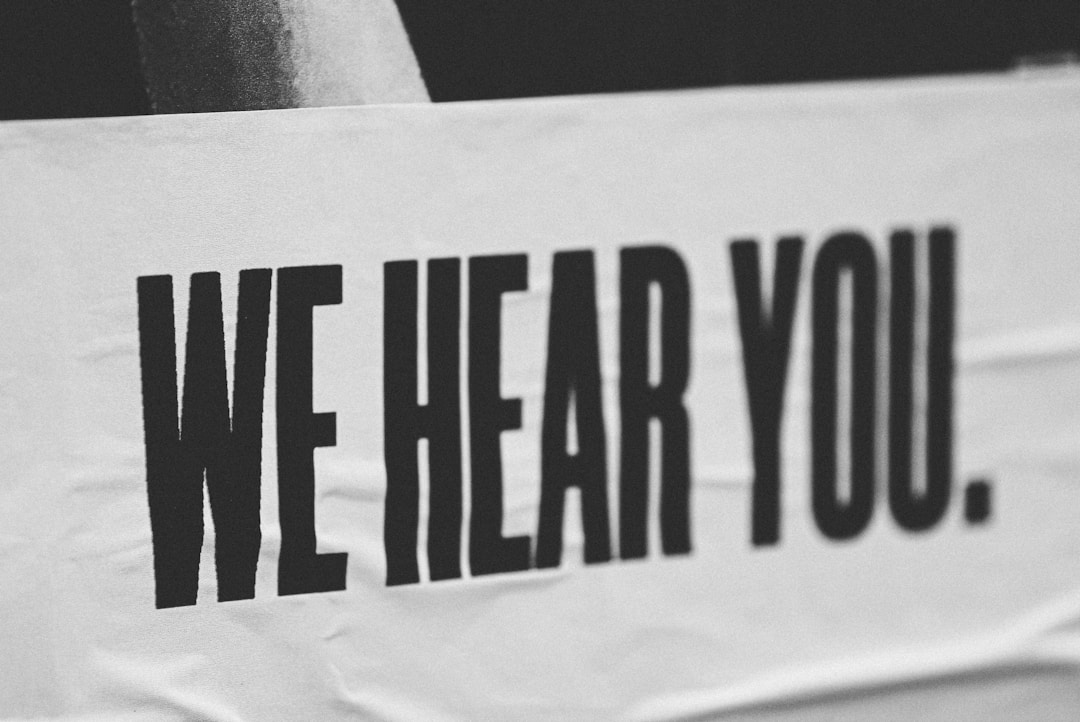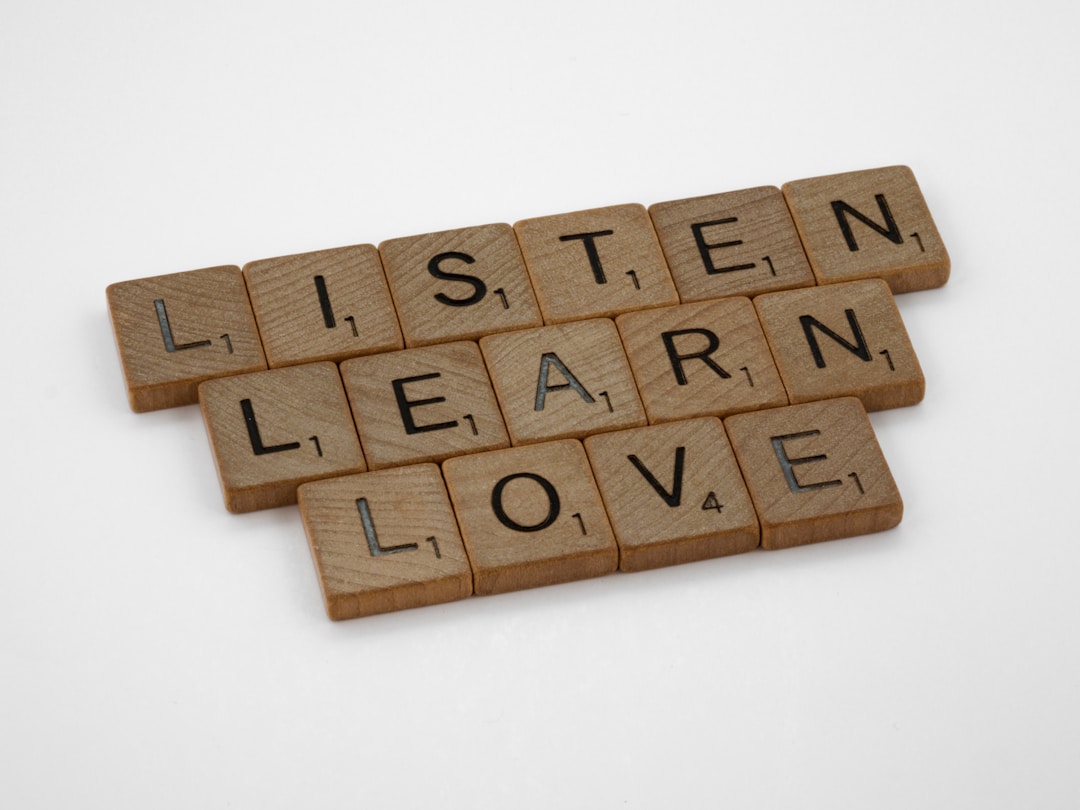The ability to excel in the field of behavior analysis isn’t something everyone possesses. The truth is that it takes a special person with a great combination of skills and personal characteristics to be successful in work as a behavioral analyst and in psychology in general. If you or someone you know is considering applying for a graduate degree program in applied behavior analysis, read on for some personality characteristics you’ll need to succeed in this emerging field.
1. Patience

The personal characteristic of having patience is actually a skill when it comes to counseling and the ability to practice applied behavior analysis methods successfully. That is, in order to be successful in any applied behavioral therapy job, you’ll need to be a patient person who understands that clients will differ in their levels of engagement and overall potentials. In fact, you’ll need patience whether you decide to use your BACB certification as a professor, in special education, in working with adolescents, or in social work.
Before applying to a program to earn an MS in applied behavior analysis, it’s important to decide if you have the patience it takes to work with people from all backgrounds and a variety of developmental capabilities. As an ABA therapist, you’ll be challenged with resistant clients, clients with developmental disabilities, and working with people with autism spectrum disorder. While the work can be extremely rewarding, progress can take time. For this reason, your patience could be tested. and you’ll be more likely to succeed if you are sure you’ll have the patience you’ll need before applying to an ABA program.
2. Empathy

It can be frustrating for people with developmental disabilities or behavioral challenges to work through their treatment plans. If you’re hoping to begin the application process for an ABA program, you’ll want to be sure you’re empathetic and understand that human behavior is complicated. That is, on top of your patience, you’ll need the ability to put yourself in other people’s shoes to determine their motivations, challenges, and struggles.
When considering a graduate program in applied behavior analysis, think about making an appointment with one of the best college admission counselors you can find to review the requirements for top schools and find the right college for you. Be sure to ask about programs that go above teaching therapeutic modalities for behavioral disorders and offer classes on self-care and therapist bias, too. In doing your own work in the area of mental health, you’ll be more likely to come into the field with empathy and the ability to quickly pick up on how other people feel.
3. Technical Therapeutic Modality Skills

A graduate degree in applied behavior will mean learning skills to help clients to modify behaviors. On top of an ability to read the room, you may work with people on the spectrum, helping to integrate them into jobs and teaching them life skills. Or, you could find yourself working in a rehabilitation program helping people to construct new behaviors and healthy habits to support recovery.
In any good ABA program, you’ll learn how to use tested therapeutic modalities to build treatment plans around behavioral changes. You’ll learn the application of behavior analysis to organizational behavior management, human behaviors as they impact social work, and how to use your skills to work in private practice. To find the best fit for you, you’ll need to take a serious look at your long-term goals and might want to consider a mentorship with quality ABA professionals already in practice to make sure this important field is for you.
In the end, most skills in any applied behavior therapy program can be learned. Your own compassion, empathy, and patience, however, are characteristics you’ll want to take an inventory of. While this field involves hard work, it will give you the opportunity to make a big difference in the lives of the people you work for. Best of luck to you in your studies ahead, no matter where your path leads!



